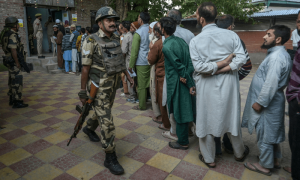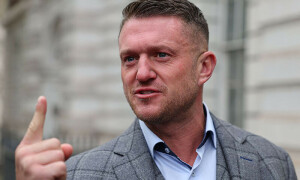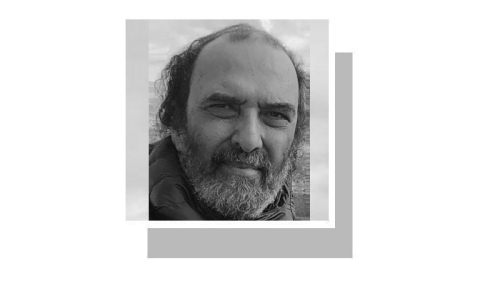IF Iraqi forces manage to liberate the city of Mosul — under occupation of the militant Islamic State group since 2014 — it will be, symbolically, a major blow to the fanatical movement. As per the latest reports, the Iraqi military, aided by an assortment of Shia and Sunni militias, Kurdish peshmerga, as well as American forces, has entered this key city, where IS ‘caliph’ al-Baghdadi once held forth from within its historic mosque. However, the task before the Iraqi security forces is far from easy as thousands of IS fighters are reportedly holed up in and around Mosul, along with over a million civilians. As the UN has noted, the militants could use non-combatants as human shields. Iraqi forces must, therefore, proceed with caution and ensure the safety of civilians as they march upon Mosul. While IS still holds some other parts of Iraq, the return of Mosul to state control will be a psychological blow to the militant group and its dreams of a transnational ‘caliphate’. Ever since the group established itself in Iraq and Syria over two years ago, it has supported or inspired a devastating wave of violence affecting different parts of the world, including this region.
However, if IS is successfully dislodged from Iraq, its fighters can still seek refuge in the group’s Syrian fiefdom. Already, there are reports of militants crossing the border into Syria to escape the Iraqi advance. Defeating IS requires a holistic response from the international community. But for this to happen, there must be a halt to the civil war in Syria, as this bloody conflict has helped spawn a plethora of extremist groups. Will major global powers be willing to abandon the great game in Syria and unite on a one-point agenda of eliminating IS and similar terrorist groups active in the region, instead of focusing on regime change in Damascus? Unless IS and other terrorist groups are targeted in both Iraq and Syria, success in Mosul will be a pyrrhic victory.
Published in Dawn, November 3rd, 2016











































